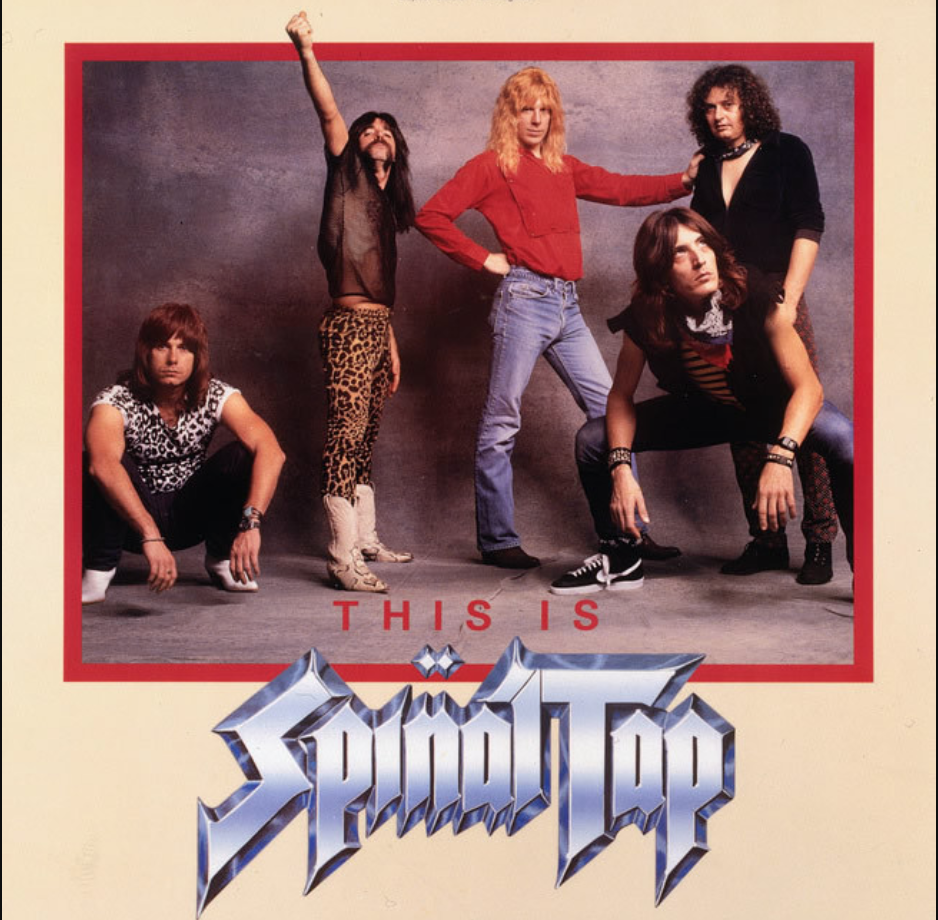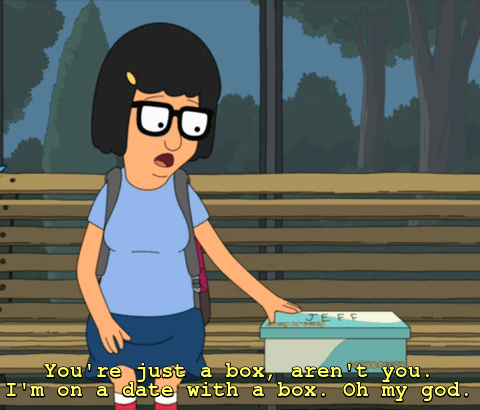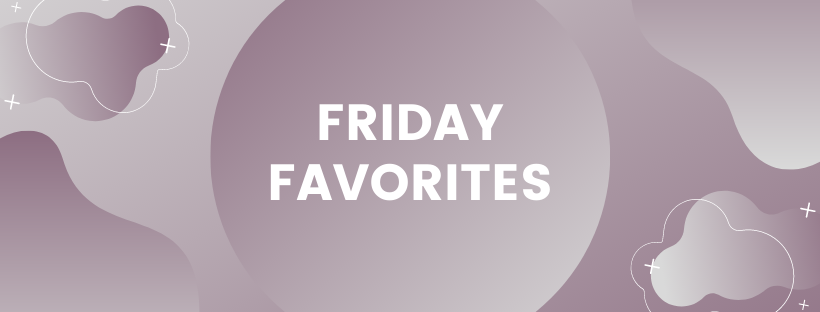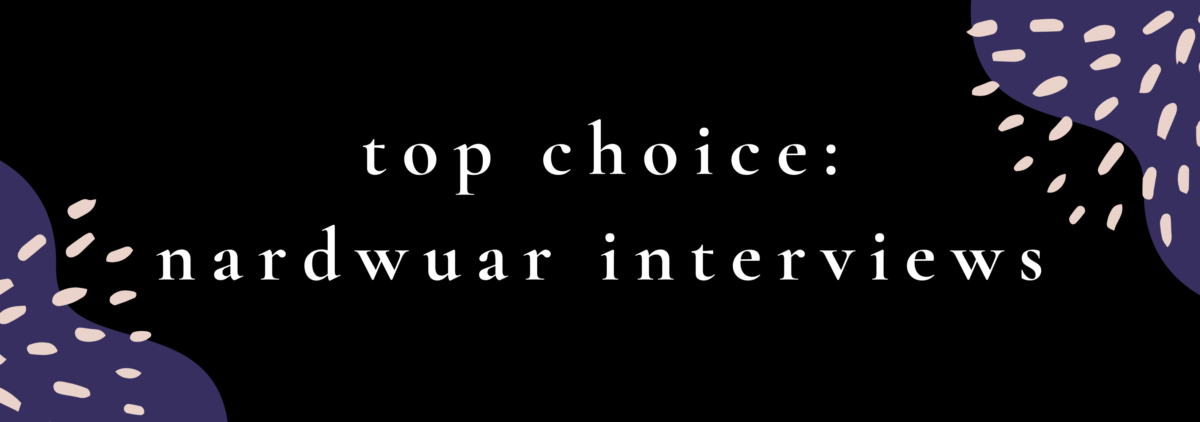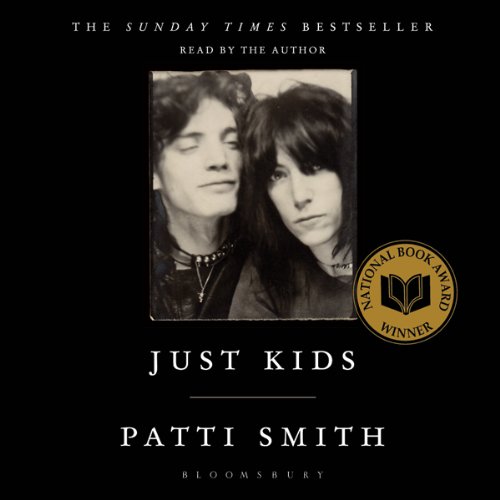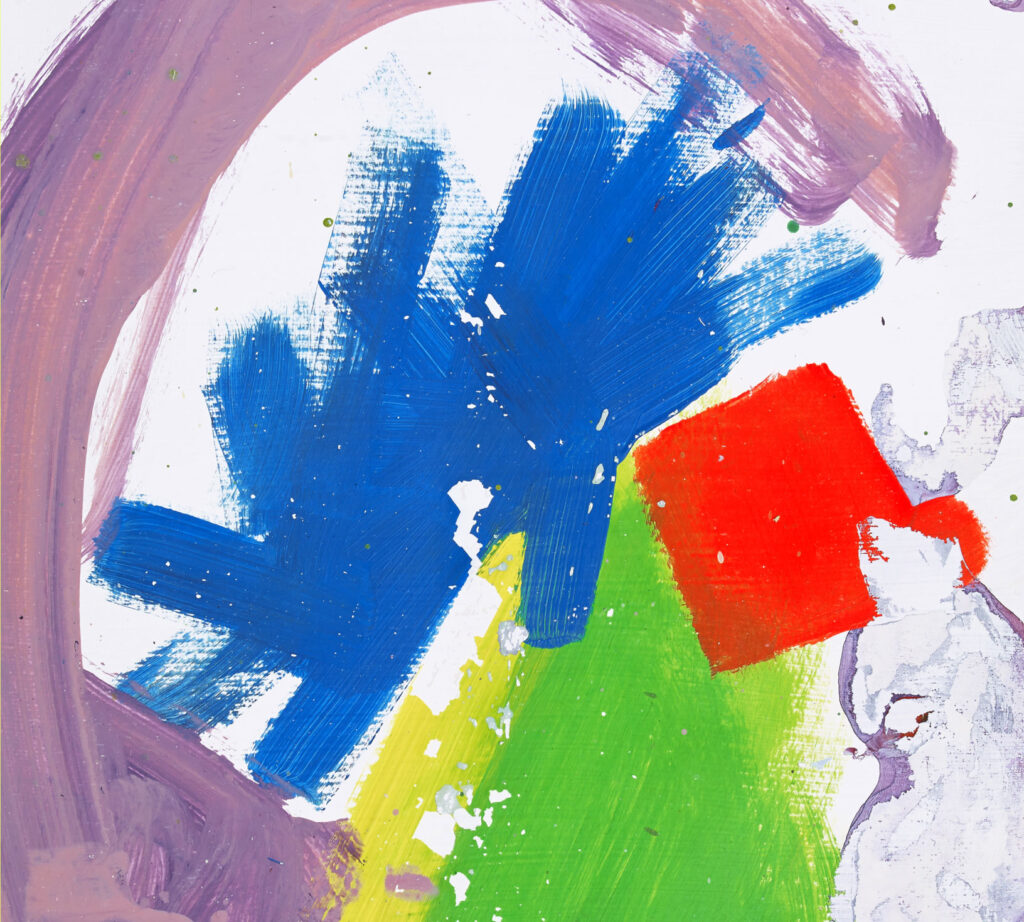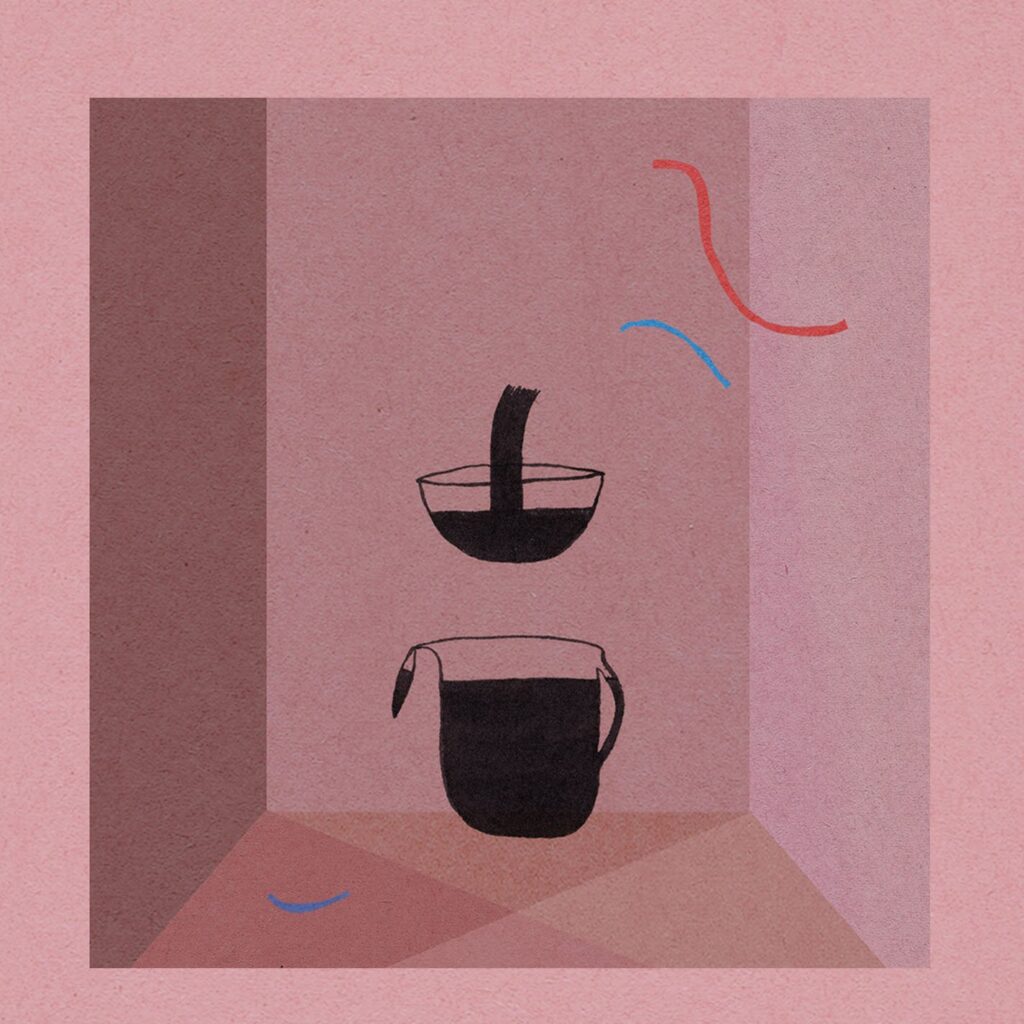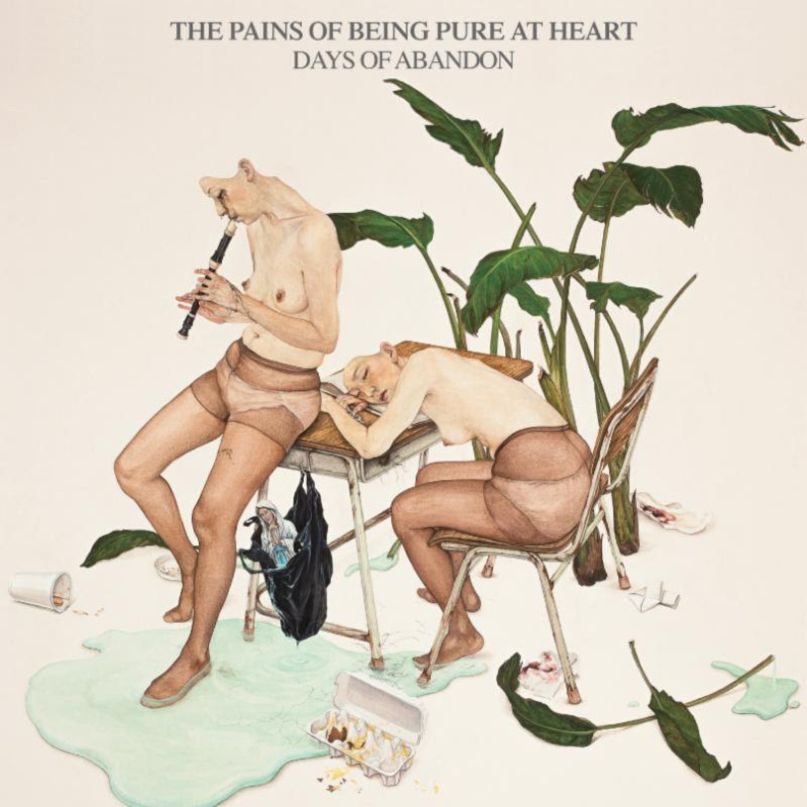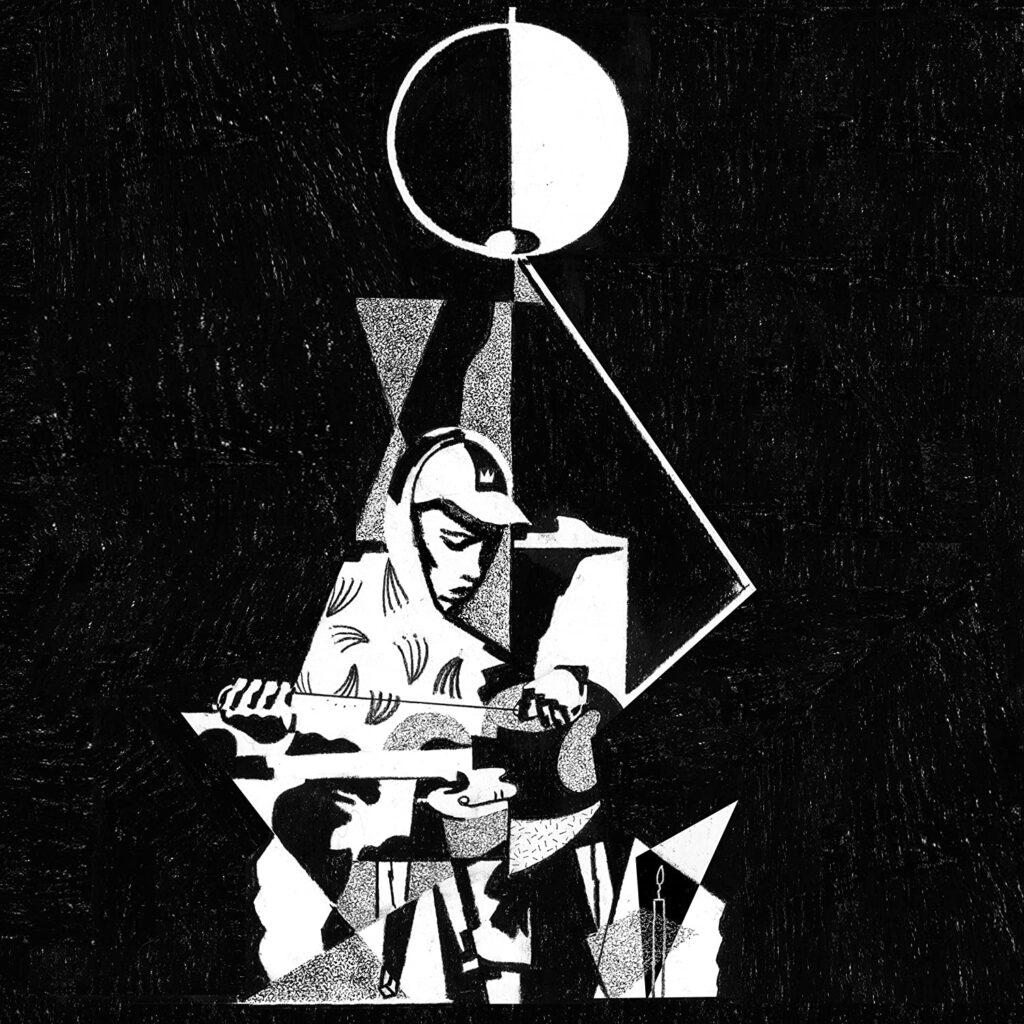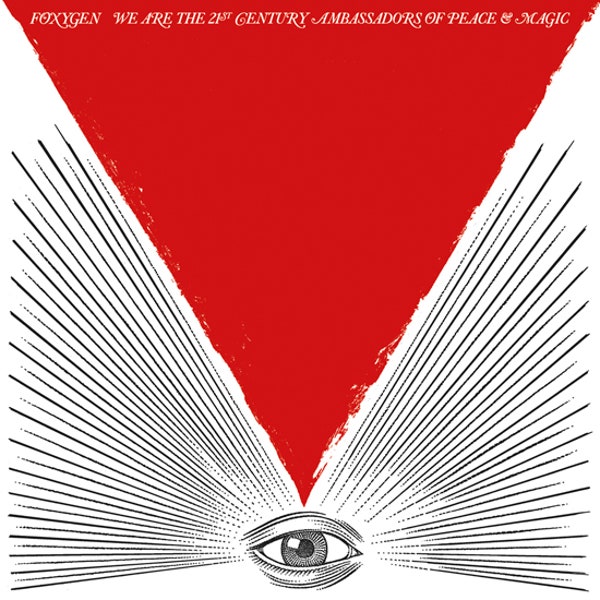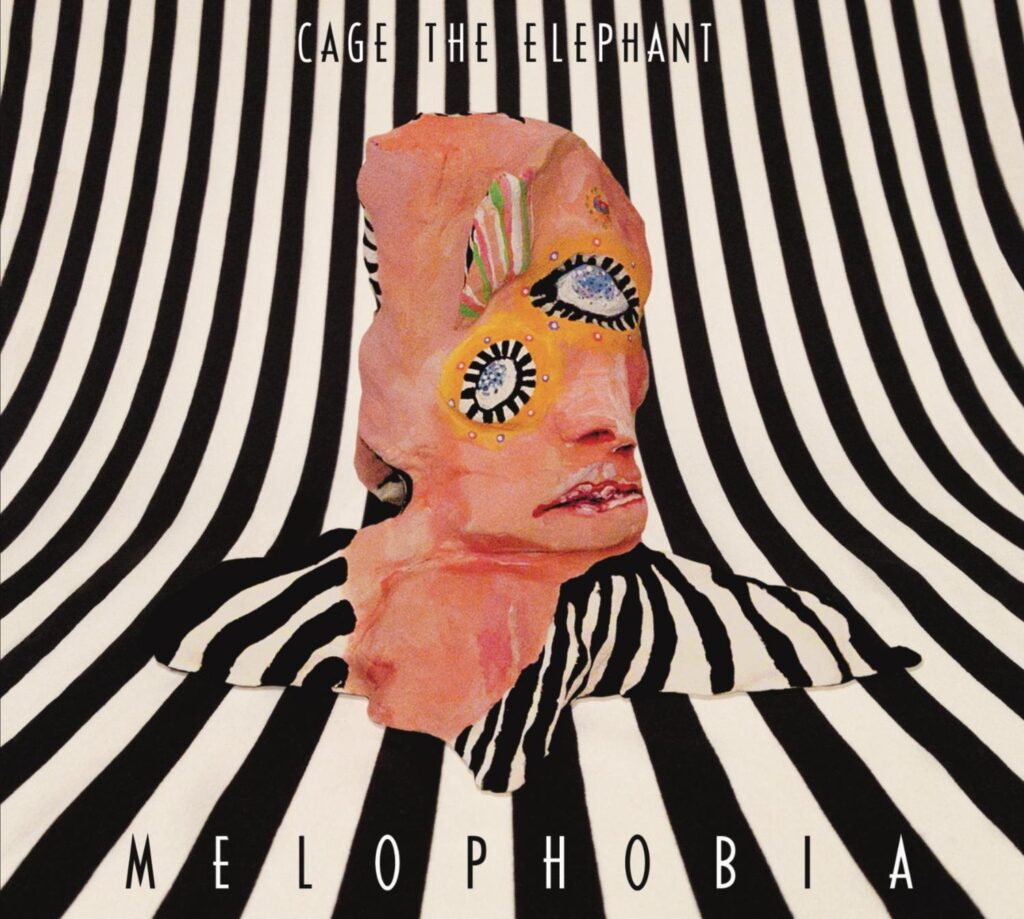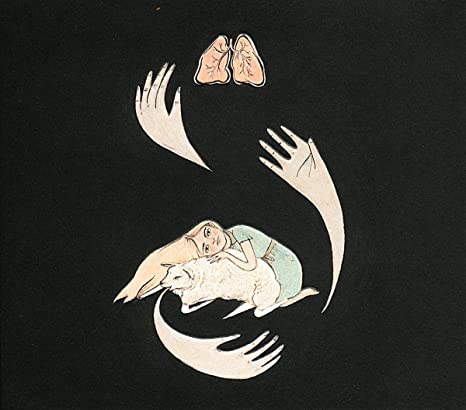You all know that I am a BIG horror fan and that I rate horror movies based on their gore factor (remake of Evil Dead is a 10/10 btw). This week I was talking to my roommate about the OG’s of horror. We started to compile a list and I thought it would be cool to share with you our OG’s of horror. I love all of these slashers because they helped me get the idea of the Butcher Shop and I use some of their lingo from time-to-time!
Michael Myers – Halloween
Y’all already know I had to put the legend on the list. The plot tells us about a mental patient who was committed to a sanitarium for murdering his sister on Halloween night when he was 6 years old. Fifteen years later, he escapes from the sanitarium and stalks his baby sister and her friends. This man has been after his sister for YEARS and no one can kill him. They have literally made so many movies about him trying to get to his sister.
Freddy Krueger – Nightmare on Elm Street
I just love Freddy’s humor; I think The Saw would vibe with Freddy the most. The plot for these movies is that the people who live on Elm Street, in a fictitious town of Springwood, Ohio, are invaded and killed in their dreams by a burnt killer with a bladed leather glove. Side note: I think Freddy has the best fashion taste.
Jason Voorhees – Friday the 13th
We got a mama’s boy in the house!! Jason is silent but deadly, he is simple with the tools he uses to kill; he and Michael Myers would be the best of friends. The plot for these movies is that camp Crystal Lake is open for the summer and it’s history of murder does not stop people from wanting to attend. Unfortunately for them, they are stalked by a brutal killer.
Pinhead – Hellraiser
Pinhead has some of the best one-liners, I use them all the time because they are so iconic!! For the first Hellraiser, Frank Cotton buys a puzzle box. Once solving the puzzle, he’s hooked to chains that emerge from nowhere, and tear him apart. Later the room is filled with swinging chains and remnants of his body. Frank is soon resurrected, and all hell breaks loose. These are some of my favorite movies.
Leatherface – Texas Chainsaw Massacre
FIRE UP THE CHAINSAW YEEHAW!!!! My two favorite things in one movie; Cannibal Corpse song references and crazy ass rednecks. The best duo. When Sally hears that her grandfather’s grave has been vandalized, she and her brother, Franklin, set out with their friends to investigate. As they are exploring the family’s old farmhouse, they discover a group of murderous people who live next door. They are attacked one by one with a chainsaw by a person who wears a mask of human skin.
Pennywise – IT
Okay, clowns are hella scary. Yes, the remakes are good but you wanna know what’s scarier than an intentional scary clown? A REGULAR CLOWN. That is why the OG IT is the best! This movie follows along with kids who have incidents with a clown that feeds off their fears. They think they have defeated the clown but once they are all adults, the clown comes back for round two! I definitely recommend the book, iconic.
Jigsaw – Saw
Y’all already know that the saw is the law, and this is no exception. These movies are the ones that got me into gore horror and rating movies based on their gore factor. These movies have the craziest kill scenes. They are about individuals who do bad things; in other words, assholes, who are taken by Jigsaw because of their horrific acts and are put up in a device that they have to get out of, or they die. Do you think the people who make it out alive have changed their ways?
Chucky – Child’s Play
Now, I am not a fan of dolls (they creep me out) and the Chucky movies are the OG scary doll movies. How Chucky came to be is that fictional murderer, Charles Lee Ray, used black magic to put his soul inside a doll named Chucky. A mother buys this doll for her son – we all know how this is going to end. Chucky kills the babysitter and when the boy tries to warn people about the doll, he is institutionalized. Typical. I find it interesting that in most of these movies, it is adults vs. the kids. They are always against one another and the parents never believe the kids when spooky things occur. Is this a common theme? What does that say about how we view society?
Well, there you have it! My OG’s!!! Did I miss any?
Who are some of your favorite horror movie thrashers?
Stay Metal,
THE SAW

